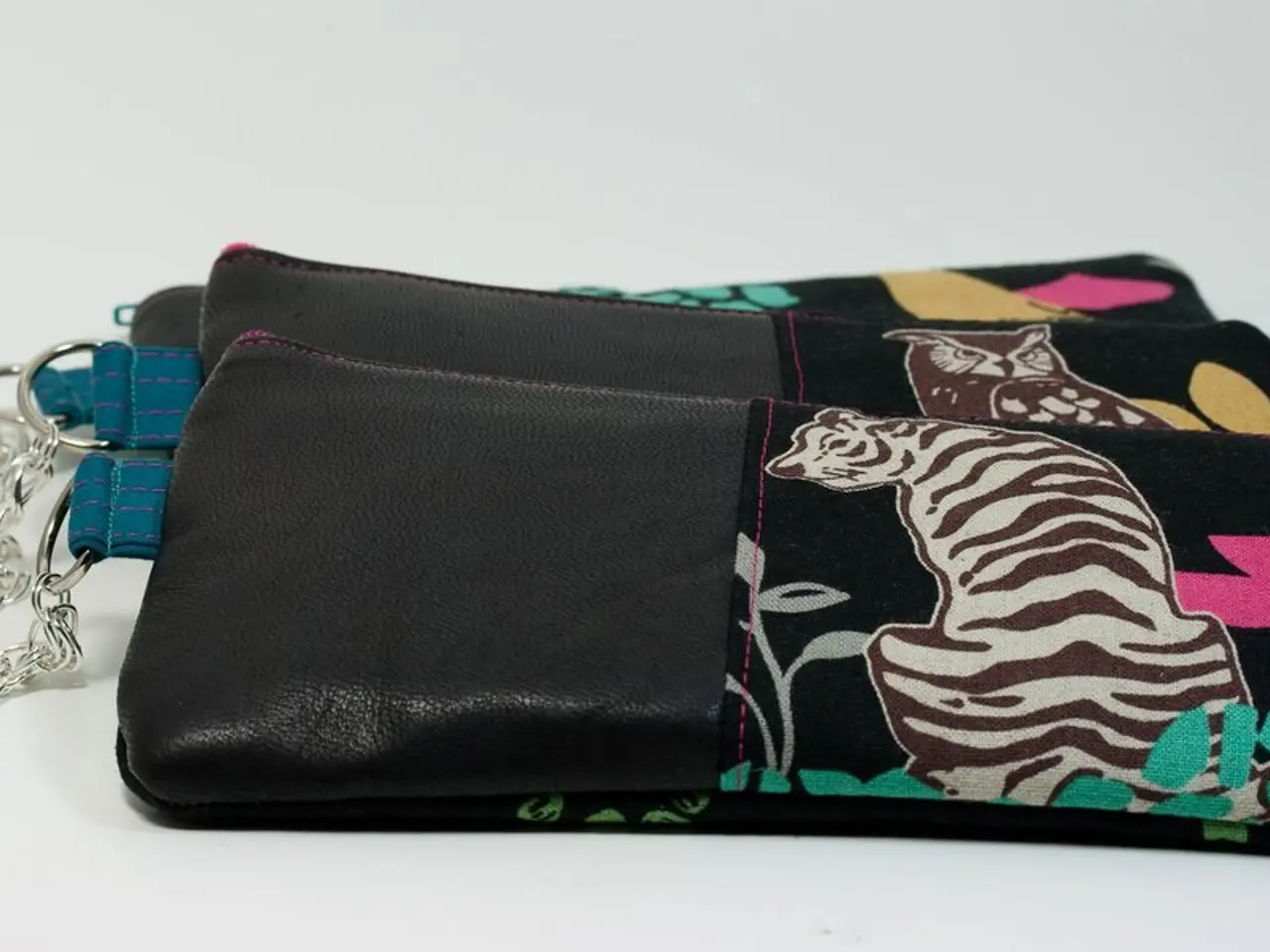Unpacking Your Personal Money Dynamics
In the quest for a healthier relationship with money, understanding and addressing the emotional and psychological aspects of personal finances are crucial. Many financial decisions are driven by emotions rather than logic, and recognizing these emotional triggers is a key part of improving one's financial life.
Emotions like fear, greed, or a desire for status often drive financial behaviors such as impulsive spending or risky investments. Understanding personal emotional triggers, such as buying luxury items to boost self-worth, can help regulate these impulses and foster more rational decision-making.
Being mindful of one’s emotions during financial decisions helps avoid impulsive actions driven by short-term temptation. Developing discipline and pausing before decisions can reduce emotional mistakes such as chasing quick profits or panic selling during market downturns.
Establishing clear and achievable financial goals provides direction and motivation. Breaking goals into manageable steps and tracking progress increases confidence and reduces anxiety related to finances. Increasing financial literacy and seeking professional advice enhances understanding, enabling better control over biases.
Creating an emergency fund and reducing debts alleviate stress and enable more deliberate financial planning, reducing the pressure that triggers emotional spending. Diversifying income sources reduces reliance on a single, potentially unstable source, thus lowering financial stress and increasing security.
Taking a moment to analyze financial choices rationally rather than reacting immediately to emotional impulses can prevent costly errors driven by overconfidence, herd mentality, or other biases.
A budget that suits one's lifestyle is essential for consciousness about money flow, enabling the setting of specific targets and making choices that support financial goals. Debt resolution programs, designed to help people settle overwhelming debts, provide financial respite and create room for reflection and forming healthier financial patterns in the future.
It's essential to understand that one's relationship with money is subject to change as life circumstances evolve. Money management is a continuous journey that requires intentionality, learning from mistakes, and a commitment to personal growth. Comparing one's financial self to someone else's does not help, as we all have different situations, priorities, and obstacles.
Celebrating small financial successes, such as paying off a credit card or following a budget, is important for building confidence and momentum in changing financial habits. Remember, the process of creating a healthier relationship with money is not about perfection, but rather about being intentional, learning, and being willing to change for the better.
[1] Emotional Intelligence: Why It Can Matter More Than IQ. Daniel Goleman, 1995. [2] Where Does Mindfulness Fit in Financial Planning? Forbes, 2018. [3] Mindful Money: Simple Practices for Creating a Rich Life. Jonathan Fields, 2017. [4] The Little Book of Common Sense Investing. John C. Bogle, 2007.
Personal debt management often involves understanding one's emotional triggers, such as using luxury items for self-worth enhancement, and regulating impulses accordingly to foster rational decision-making in personal finance. Effective budgeting, a significant tool in personal finance, plays a crucial role in promoting consciousness about money flow, allowing for the setting of specific targets and choices that support financial goals.




